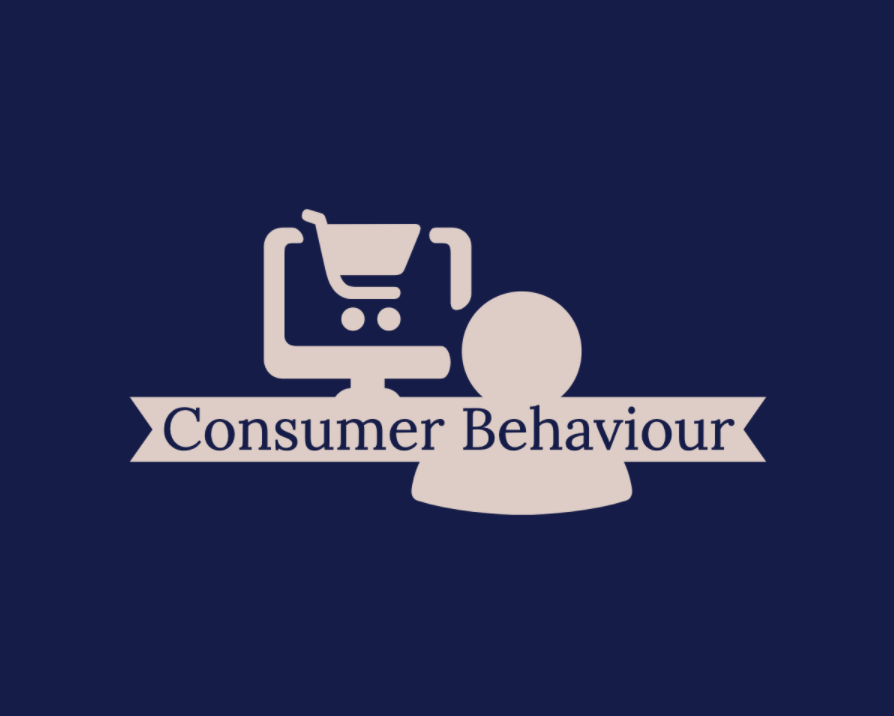This ten-week Module is designed to introduce students to the issues relating to marketing activities and their impact on individuals, organisations, and societies. Therefore, it also links marketing with wider organizational practice, civic participation and the contemporary world. This module therefore prepares the students to look at marketing and wider management differently. Over the ten weeks, the module will inculcate critical questioning skills and a deeper and more informed understanding of the nature of the world around us.
Aims
To provide critical understanding of the issues central to contemporary marketing practice and discourse
To identify the mechanisms used by marketers for creating, supporting, and subverting customer values in the global market
To develop a critical understanding of the development, implementation, and social consequences of marketing strategies and programmes in contemporary contexts
To provide critical understanding of the organisation and impact of marketing operations
Objectives
By the end of the Module you should be able to:
1. Debate the role of marketing as a discourse that is embedded and reproduced in a variety of different spheres of society.
2. Engage in a variety of contemporary issues of marketing and apply a critical understanding to everyday life.
3. Critically analyse, using appropriate marketing and social science concepts and theories, marketing discourses and practices in contemporary society.
4. Examine the global linkages within marketing activities, and analyse dependencies between global and local contexts of marketing.
- Module Supervisor: Louise Nash

- Module Supervisor: Muhammad Akram

Module AIMS
To provide students with a thorough understanding of the main theories and principles of consumer behaviour, and to show how these concepts relate to the practice of marketing.
Module Learning Outcomes
By the end of the module you should be able to:
1. Identify and explain key consumer behaviour theories and their relationship to practice.
2. Understand consumer behaviour as complex phenomena worthy of study for managerial purposes and in its own right.
3. Have acquired the knowledge necessary for further advanced study on marketing and consumer behaviour courses.
Transferable Skills
By the end of the module you should be able to:
* Think Critically
* Approach and solve problems creatively
* Reflect on their own practice in relation to marketing
- Module Supervisor: Aneela Malik
as a field of social interaction in a global context.
Module Aims
* To introduce students to key principles of marketing
* To provide a range of critical perspectives on contemporary marketing practice from a
number of different standpoints
* To demonstrate how marketing concepts influence business, and wider cultural practices
* To address the role of marketing in society
Module Learning Outcomes
By the end of the module, students should be able to:
* Analyse the historical emergence of marketing, and locate marketing within a wider
social, economic and political context
* Demonstrate an understanding of key principles, practices, theories and concepts that
constitute contemporary marketing practice
* Critically evaluate the role of marketing in contemporary society
Skills for your professional life (Transferable Skills)
By participating in this module, students will able to:
* Develop commercial awareness of contemporary context and issues of marketing through
engagement with case-studies and guest speakers
* Improve your marketing-specific research skills through the use of Mintel
* Build critical analysis skills through written case study presentations
Module Description
The aim of this module is to give students an introductory overview of the foundational principles of marketing. This module considers the historical development of marketing, while also evaluating its impact in relation to the organisation, the marketplace, consumers and society. Students will encounter a variety of theoretical perspectives on marketing, while also gaining the opportunity to see how these perspectives impact upon marketing practices within the organisation. Through a combination of interactive lectures and discussions, students are invited to investigate, question and challenge the assumptions of classic and contemporary marketing theories and practices. This module is thus about not only the tools of marketing, but also the consequences that these tools have upon culture and society.
Module Aims
This module has been designed to:
- Provide students with an understanding of historical developments and trends in the field of marketing, both as an academic discipline as well as a practice that governs the relationship between consumers and corporations.
- Familiarise students with key marketing concepts and perspectives.
- Enable students to analyse marketing in theory and practice independently and critically.
Module Learning Outcomes
On successful completion of the module, students will be able to:
- Demonstrate an understanding of key perspectives, theories and concepts that inform the contemporary understanding of marketing.
- Analyse the historical emergence of marketing and understand the social, economic and political embeddedness of marketing.
- Discuss and debate the wider implications of utilising marketing activities and marketing models for everyday life.
Skills for Your Professional Life (Transferable Skills)
By the end of the module, you will be able to:
- Analyse marketing theory and practice in a creative and independent manner.
- Demonstrate critical thinking in evaluating marketing reports and jargon.
- Transfer theoretical and practical problem-solving skills to generate solutions for problems identified within various marketing contexts.
- Communicate and present ideas effectively.
- Module Supervisor: Neeru Malhotra

- Module Supervisor: Mario Burghausen
This module focuses on a comprehensive understanding of the impact of 'digital' on the world of Marketing. It discusses the changing nature of business and consumer behaviour, communication, and market research. The module allows the students to investigate current practical and theoretical issues within the Digital Marketing and Social Media field.
Module Aims
The aim of this module is to provide students with a solid theoretical and managerial knowledge on digital marketing and its great impact of businesses and consumers alike. The module also aims to critically assess the effectiveness of current digital marketing strategies and to address its challenges.
Learning Outcomes
On successful completion of the module, students will be able to:
* Demonstrate a comprehensive understating of the critical role of digital technologies in marketing
* Identify and evaluate the changing nature of Business and Consumer behaviour in a digital world.
* Critically assess the effectiveness of current digital marketing strategies and address its challenges
Skills for Your Professional Life (Transferable Skills)
This module adopts a philosophy of experiential learning and aims to develop and further improve your employability skills in order to enhance your status as a graduate with impact.
Some of the skills you will develop/improve in this module are:
Teamwork and leadership skills as you will be invited to work within team on assessing/ analysing key issue in the world of digital marketing
Communication skills (oral and written) required for in-class presentations as well as your written coursework
Excellent organisational skills manifested in the management of your own project meeting various deadlines and prioritising tasks.
Employability, this module will give you the chance to work closely with local businesses and/or local employers giving you a taste of the "real world" of Digital Marketing.
In addition to the knowledge of digital and social media marketing you will accumulate whilst studying this module, you will improve or develop a set of transferrable skills. These are:
1. Critical thinking and problem solving manifested in discussions of life examples of digital marketing strategies of businesses
2. Research skills especially those that are most relevant to the digital environment
3. You will have the chance to meet a digital marketing employer who will be a visiting lecturer on this module.
4. You will be encouraged to do informal presentation and written statements, thus enhancing your presentation and communication skills
- Module Supervisor: Maged Ali

- Module Supervisor: Abhisek Kuanr